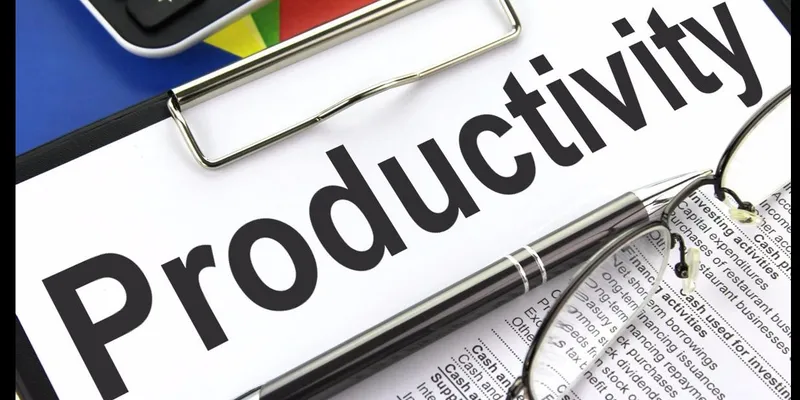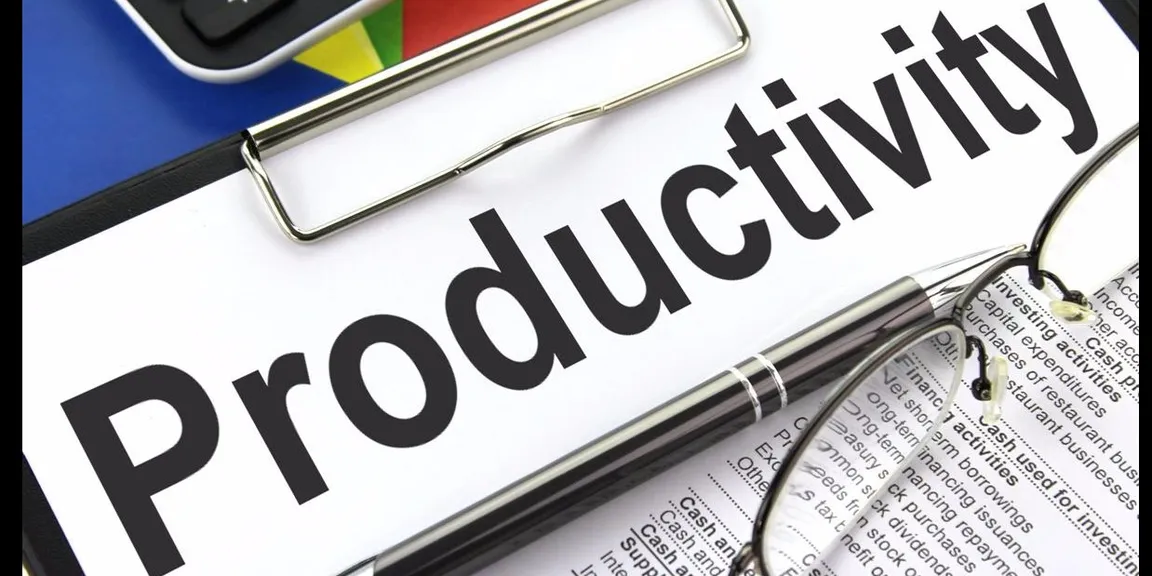

3 "Unproductive" Things I Did to Enhance My Productivity in Life and at Work
It wasn’t until I took a step back and embraced some habits that look unproductive on the surface that I was able to restore my productivity—and my peace of mind.

Pixabay
Whether talking about work or personal life, “productivity” is one of the main buzzwords that people like to throw around. The mantra of “Do more with less” has been around for years, but its popularity is only growing. Whether your company sells the latest vape mod or the newest task management system, you want to be as productive as possible. While many professionals keep trying to work harder, faster, and for longer hours in order to produce better results, it’s simply not working. The inevitable result is workers pushing themselves to their limits until they burn out and lose all of their drive in a blaze of glory.
That was me a couple of years ago. I was working 10 to 12 hour days, sometimes even six or seven days a week. I kept pushing myself and pushing myself, and at first, my numbers seemed great. But over time, things shifted. I went from looking like a rockstar to struggling just to keep my head above water. I felt like I was doing all the work but not reaping any of the benefits. It wasn’t until I took a step back and embraced some habits that look unproductive on the surface that I was able to restore my productivity—and my peace of mind.
1. I stopped multitasking.
One of the first things I did to turn things around was stop multitasking. When I was working on a project, I scheduled time specifically for that project and turned off all distractions. I’m not just talking about trying to stream shows while I worked—though that would have been a clear distraction for me. I’m talking about things like email, or even my phone. According to one Microsoft study, people take an average of anywhere between 10 and 15 minutes, depending on the type of interruption, to transition back to a task that’s been disrupted. That’s 10 to 15 minutes per interruption. In other words, if you stop to check on an email alert a few times each hour, you’re basically getting no work done. So when I sit down to do a project, I find I’m a lot more efficient when I just close my email client and sometimes, even my phone. Funny thing is, when I’m done, the emails are always still there.
2. I stepped away from my desk.
It seems weird to say it, but walking away from my desk is one of the things that helped me to start getting more actual work done. Taking regular, scheduled breaks allowed me to better focus on my work while I was at my desk and actually get my work done.
Think of it this way—even when you’re not taking official breaks where you walk away from your desk, you’re still taking “breaks.” You’re just taking a lot more of them for shorter periods of time. Each time you close your eyes, lean forward, and rub your head in frustration, because you’re so sick and tired of the project you’re working on—that’s a break. When you get bored and open a tab on your browser to check your email or social media for a couple minutes to distract yourself—that’s a break, too. The difference is that, when you schedule regular breaks, you’re concentrating all of those mini breaks into a longer, more effective break. When you allow yourself to get distracted during your work, those minutes add up to a lot of lost time, and each distraction requires you to find your flow again. Remember, 10 to 15 minutes per distraction. By scheduling in a healthy break, you make it easier to focus and ignore those distractions. And if you can, step away from your desk entirely . Get up and move around. Get your blood flowing!
3. I asked for help.
My mom always used to say, “Many hands make light work,” when I was growing up. Typically, it was an attempt to get all the kids to pitch in doing all the chores around the house. She realized that, even if it seemed like we’d be doing more work if we helped each other out doing chores that were assigned to a different kid, the final result would be an easier job for everyone involved. It’s kind of embarrassing when I realize how many years it took me to allow that lesson to finally sink in. There’s no shame in asking for help with a project that is outside your capabilities; in fact, it’s much less embarrassing to ask for help than it is to miss a deadline or not achieve the numbers you promised. And if you don’t understand an assignment or a particular concept, ask someone to explain it. The only other real option is to flounder around for a while in frustration before you finally cobble some lame attempt and hope it passes muster. Seriously. Just ask.
It’s easy to get caught up in your work to the degree that your results actually start to decline, but there’s a difference between working hard and being productive. Make sure you’re taking care of yourself, or you’re actually going to end up getting less work done. Remember, if you work yourself to exhaustion, then you’re not going to be producing any results at all.

